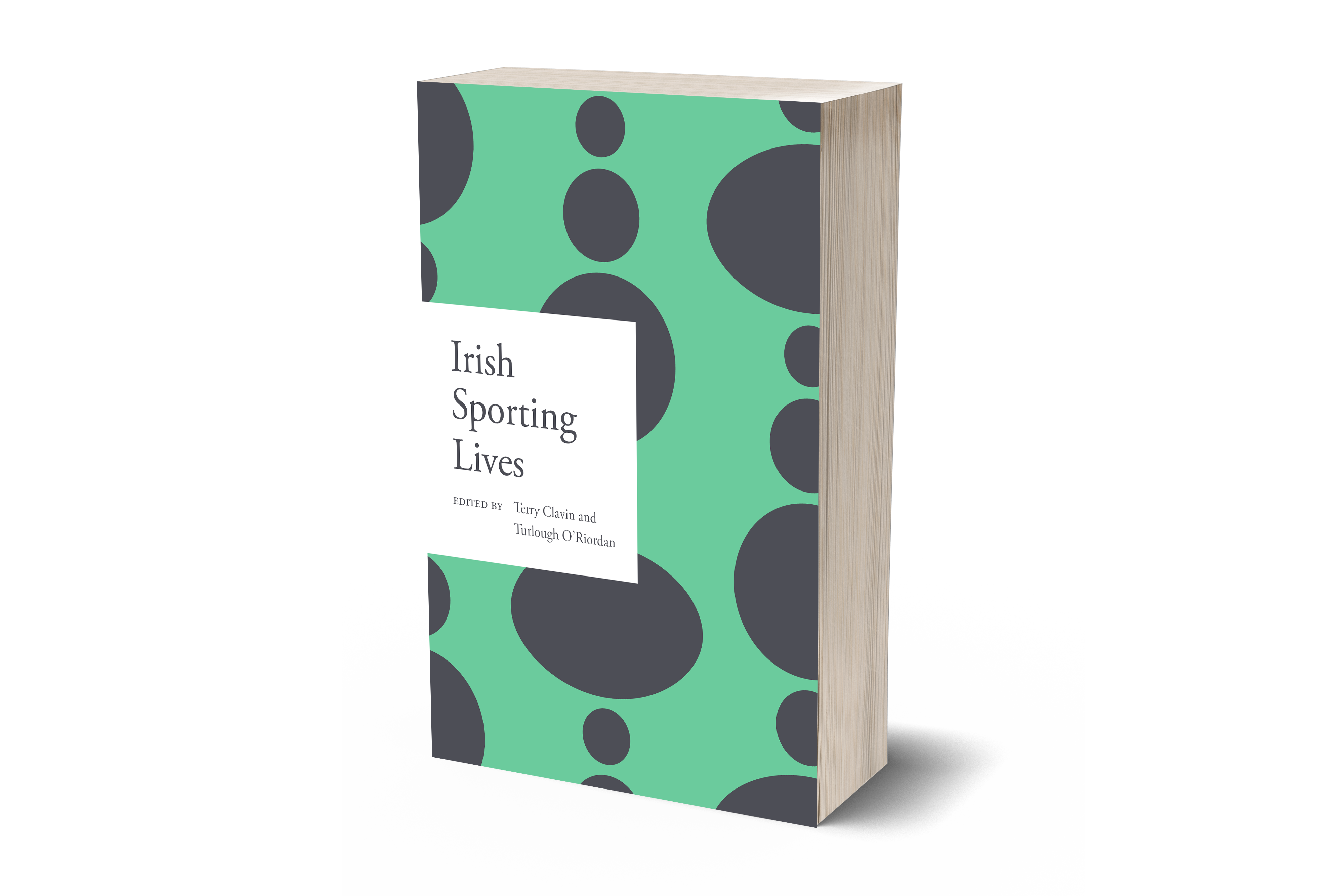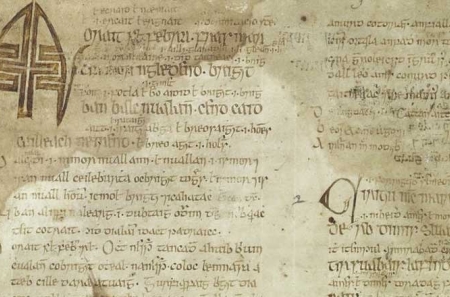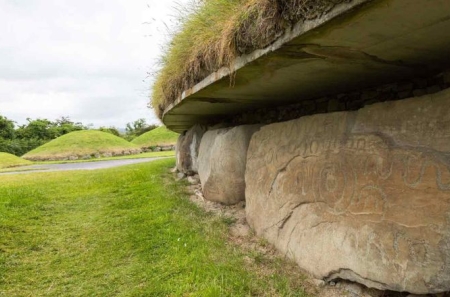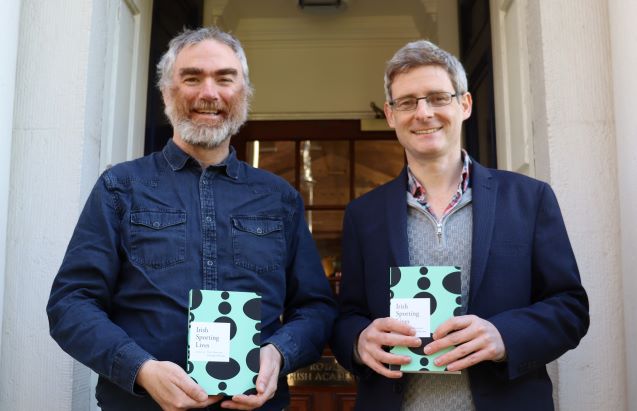
Interview with 'Irish Sporting Lives' editors Terry Clavin and Turlough O'Riordan (Books Ireland Magazine)
08 February 2023Forgotten heroes, unforgettable failures, the tragic, talented lives cut short – would they feel disappointed to be lost to the archives or do they think they expected to end up there at all?
Fiona Murphy of Books Ireland talks to the Dictionary of Irish Biography editors of Irish Sporting Lives
‘Well, what do we have, Turlough? We have croquet, and hockey,’ Terry Clavin, one of the editors of Irish Sporting Lives asks his fellow editor, Turlough O’Riordan.
‘Archery, hockey,’ Turlough replied.
‘Rock climbing, show-jumping,’ I supplied.
We’re speaking over Zoom, as is the done thing these days, and beside me is the vibrant green copy of the book they’ve edited together, a collection of sporting lives from their project, the Dictionary of Irish Biography with the Royal Irish Academy.
A project designed to explore the island’s life story through its biographies, Terry and Turlough had the gargantuan task of selecting just 60 lives to focus on from their archive of over 500 Irish sporting stars.
A collection of 5-10-page mini biographies covering 60 of Ireland’s most interesting sporting lives, Turlough and Terry went into this collection with the aim of changing the lens through which we view Irish sporting lives.
‘We tried hard to reach out,’ Turlough tells me. ‘We didn’t want to have a book full of Kerry and Dublin Gaelic footballers, or Cork and Kilkenny hurlers, even though we have some of them in there. We wanted to collect the widest possible experience.’
These bite-size, mini biographies step off the beaten running track, and comb through the archives for the serial winners and glorious losers, heroes and villains, trailblazing women and complex role models, resurrecting the forgotten and rediscovering overlooked legends. So how did they choose who deserved a chance at immortality in these pages from an archive of over 500 people?
‘The people, the lives, the sport, what period and where they came from all influenced the decision.’ Turlough O’Riordan is the online digital editor of the Dictionary of Irish Biography and has a deep and intimate knowledge of the collection, having spent the last two decades immersed in it.
‘There’s no one before 1800, just because there’s no material there. There’s not really organized sports before that period,’ Terry explains. ‘I suppose around 1870 is when we see proper organized sports really begin to develop. Once you get into the late twentieth century, people are still alive, so they don’t feature.’
‘We definitely wanted to get people familiar with the sense of the strangeness of the past.’ Terry Clavin joined the Dictionary of Irish Biography project in 2006 and has published over 400 biographies of the lives stored there. ‘You have these sports you think you’re familiar with and you read about them a hundred years ago and they seem very strange.’
This strangeness comes from the evolution of various sports and through the lens of these biographies, we can map the changes that would render some of our modern iterations of organised sports almost unrecognisable to its greatest champions a hundred years ago.
‘With boxing, you can see it evolve,’ Terry tells me. ‘You start off with bare knuckle brawlers, like Dan Donnelly, where you’re allowed gouging and hair pulling and kicking and throwing people to the ground. And then you have someone like Jack Dempsey, who’s late 19th century, and his career is about the transition from bare-knuckle to wearing padded gloves to Queensbury rules, and then you have something that looks like modern-day boxing then, in the last two entries.’
Continue reading the interview on booksirelandmagazine.com
Find out more about Irish Sporting Lives
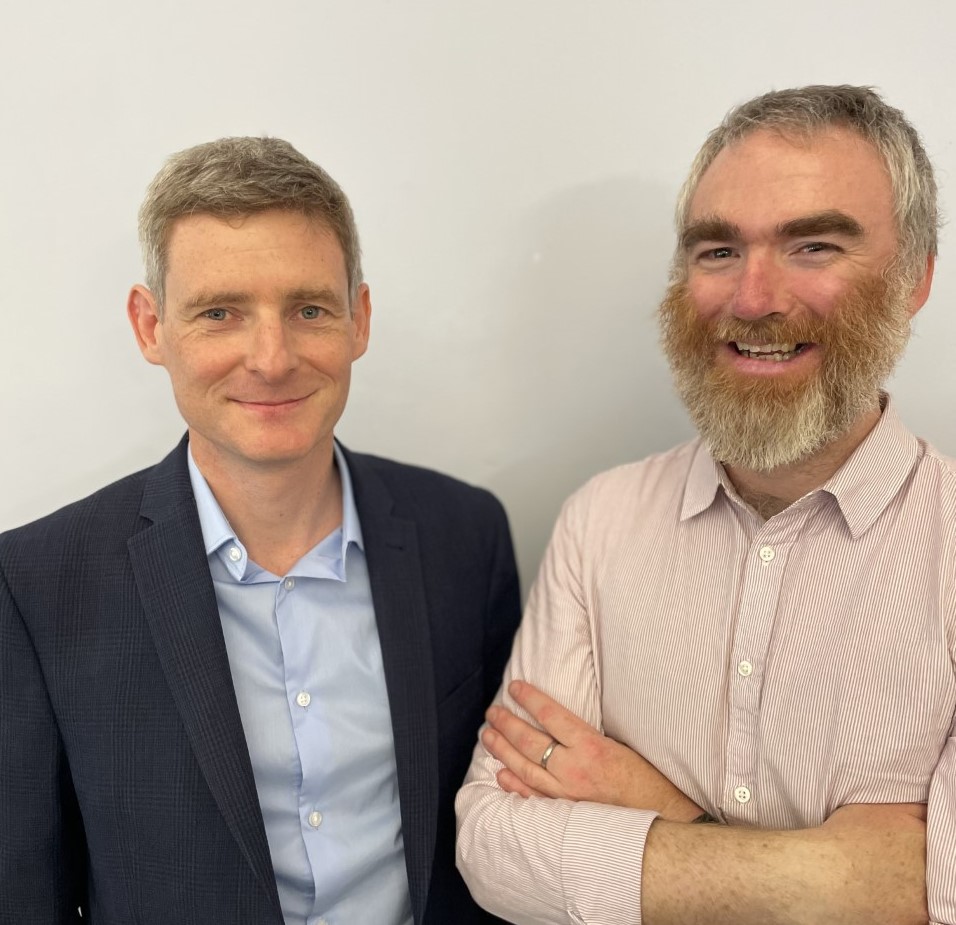
Irish Sporting Lives editors Terry Clavin (left) and Turlough O'Riordan (right)

